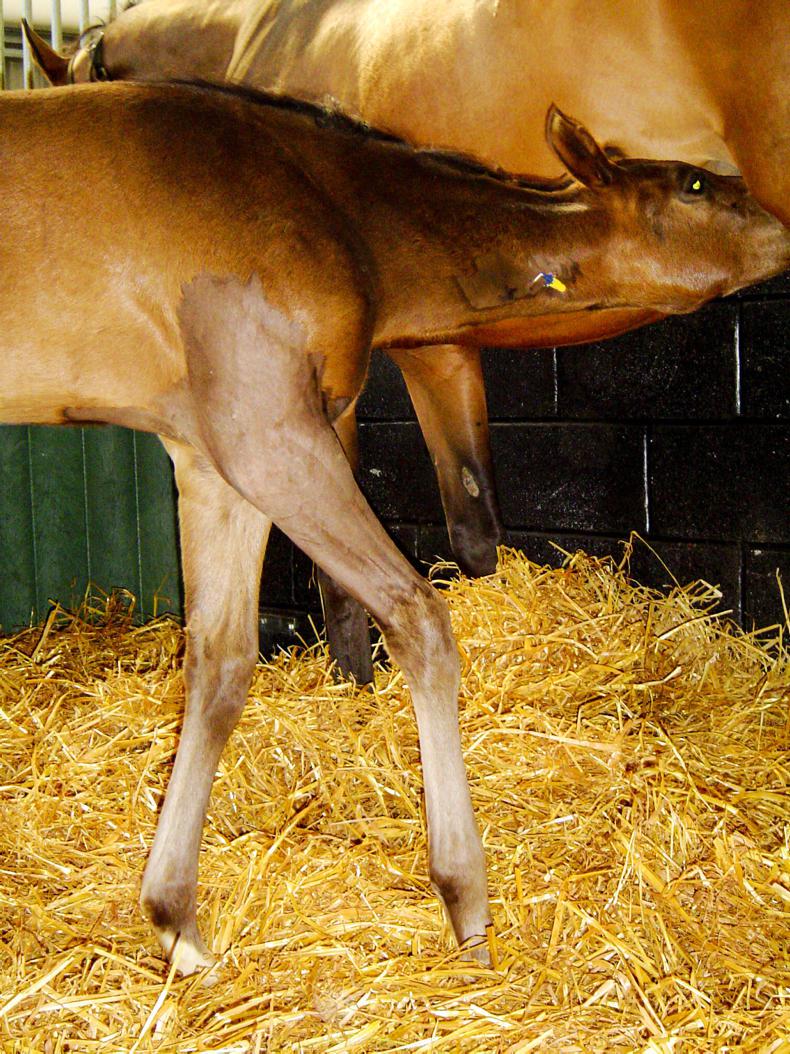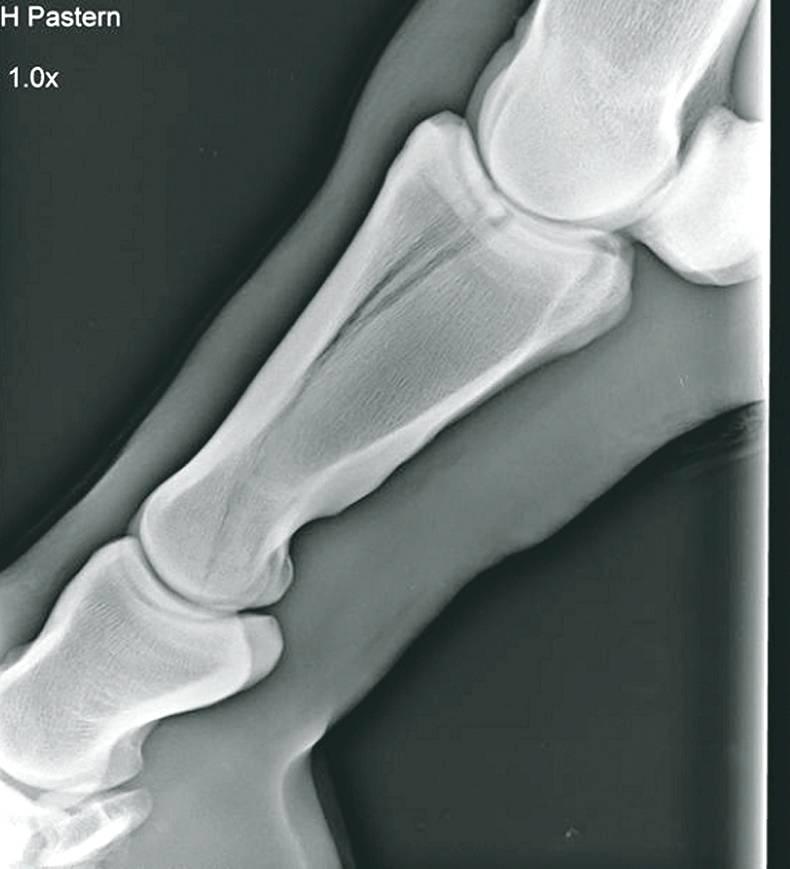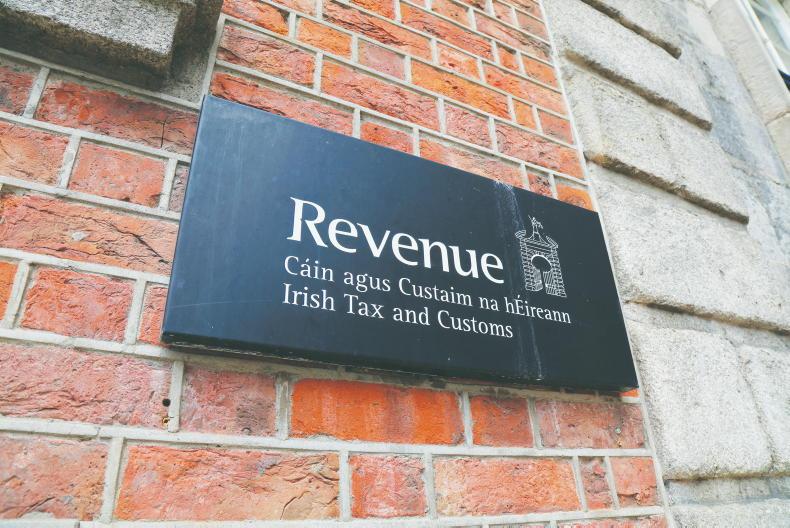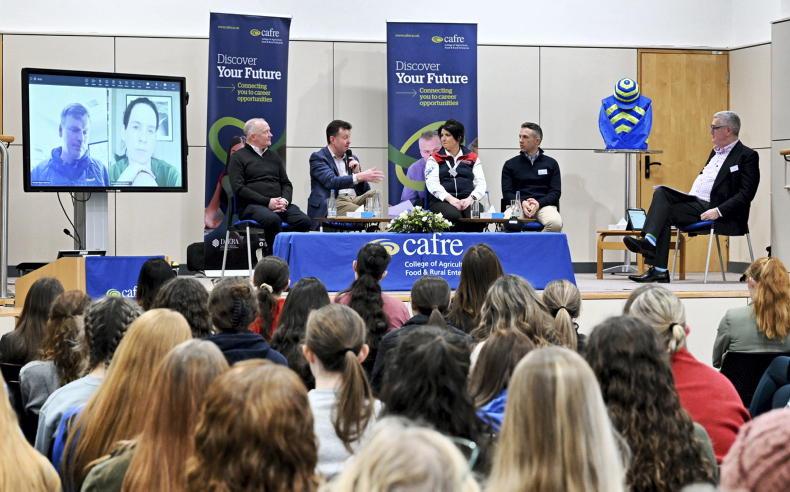RECENT research has shed light on the genetic factors contributing to bone fractures in thoroughbred horses. The study reveals that horses with diminished levels of what’s called collagen type III have a higher risk of fractures.
Previously, the underlying genetic mechanisms behind these fractures have remained elusive. However, these new findings have enabled the RVC to identify a novel DNA variant associated with fractures, impacting the expression of collagen type III.
Bone fractures can be relatively common in thoroughbred racehorses, due to the forces the bones can experience, and are a leading cause of euthanasia. However, fracture is a complex condition, with both environmental and genetic risk factors affecting a horse’s susceptibility.
Disease susceptibility
Led by Dr Debbie Guest, Senior Research Fellow at RVC, the team developed a risk score to gauge disease susceptibility based on various genes. They were then able to use this information to select cells from horses whose risk placed them at the extreme ends of the population with either very low or very high risk.
These cells were then used in laboratory studies to establish a cell model and investigate the genetic factors involved in fracture risk.
Bone cells
The research team’s findings indicate that bone cells from horses predisposed to fractures express collagen type III at reduced levels due to alterations in their DNA sequence in the region which controls how much collagen III is produced.
This discovery provides a crucial step forward in identifying genetically high-risk horses. By understanding the genetic causes of fractures, this research can help identify, diagnose, and manage high-risk horses, improving the health and welfare of thoroughbreds in the racing industry. The ongoing research aims to validate the risk-scoring system across different horse populations and further explore vital genetic factors for the advancement of equine health.


 This is a subscriber-only article
This is a subscriber-only article
 It looks like you're browsing in private mode
It looks like you're browsing in private mode










SHARING OPTIONS: